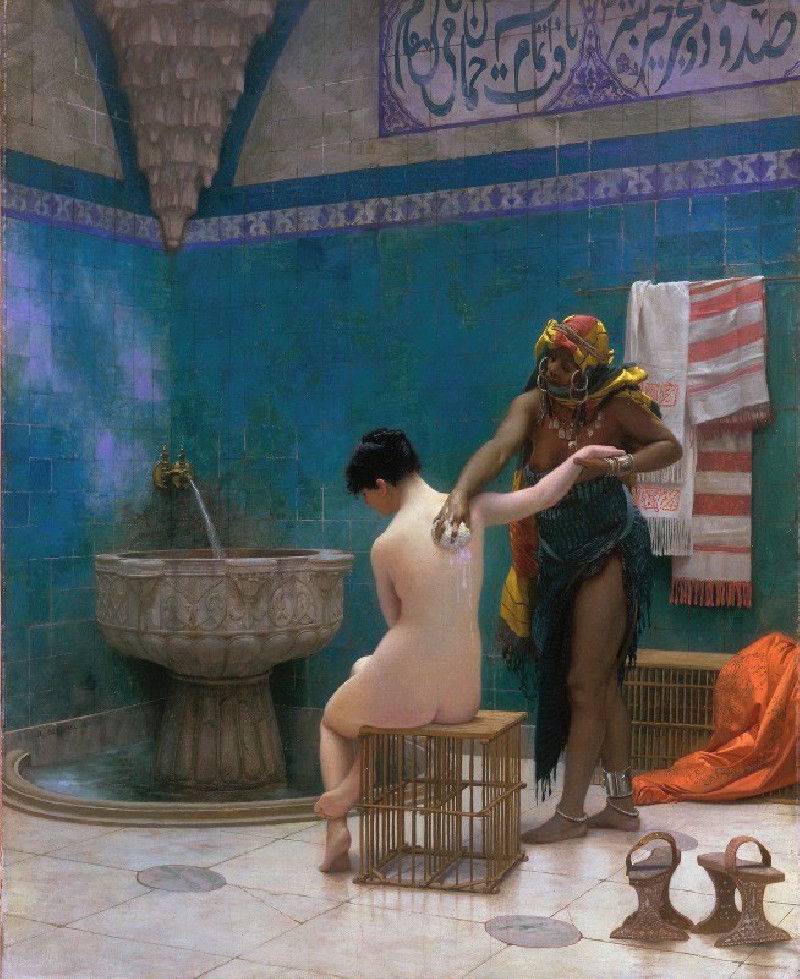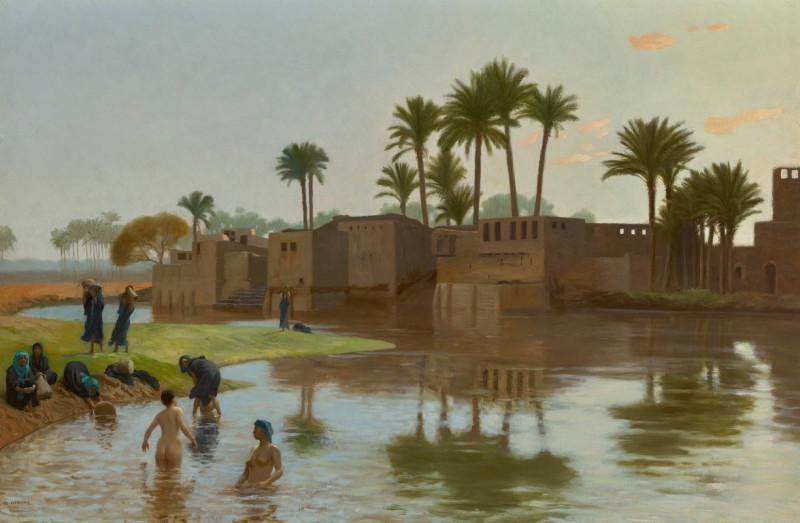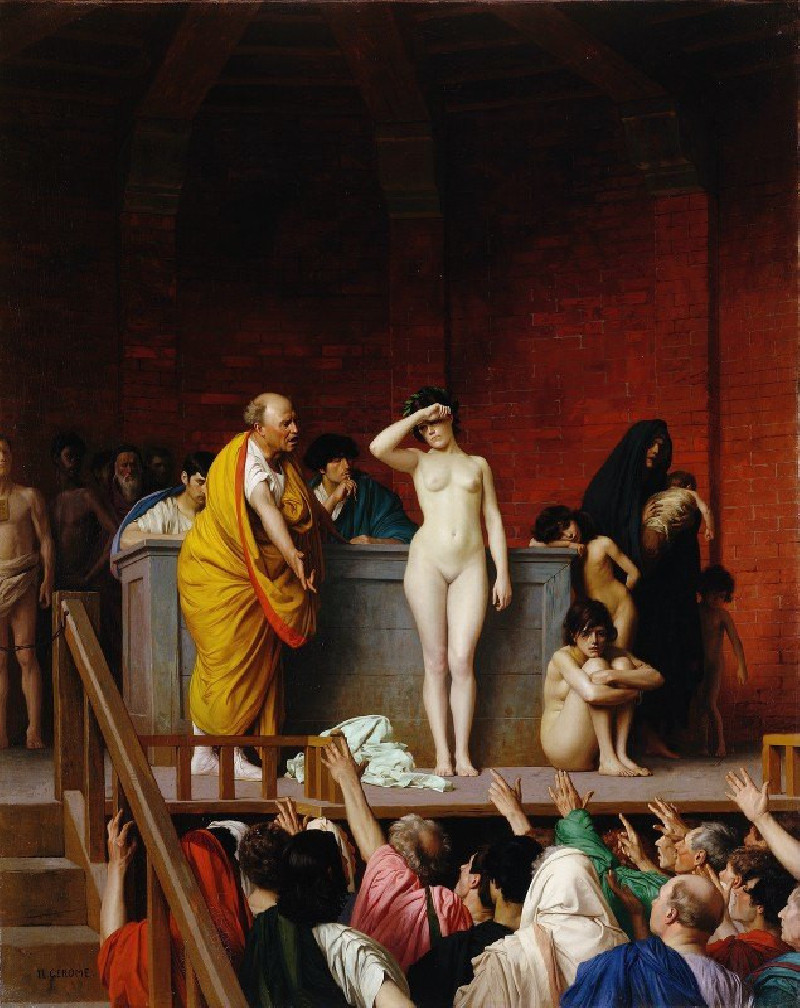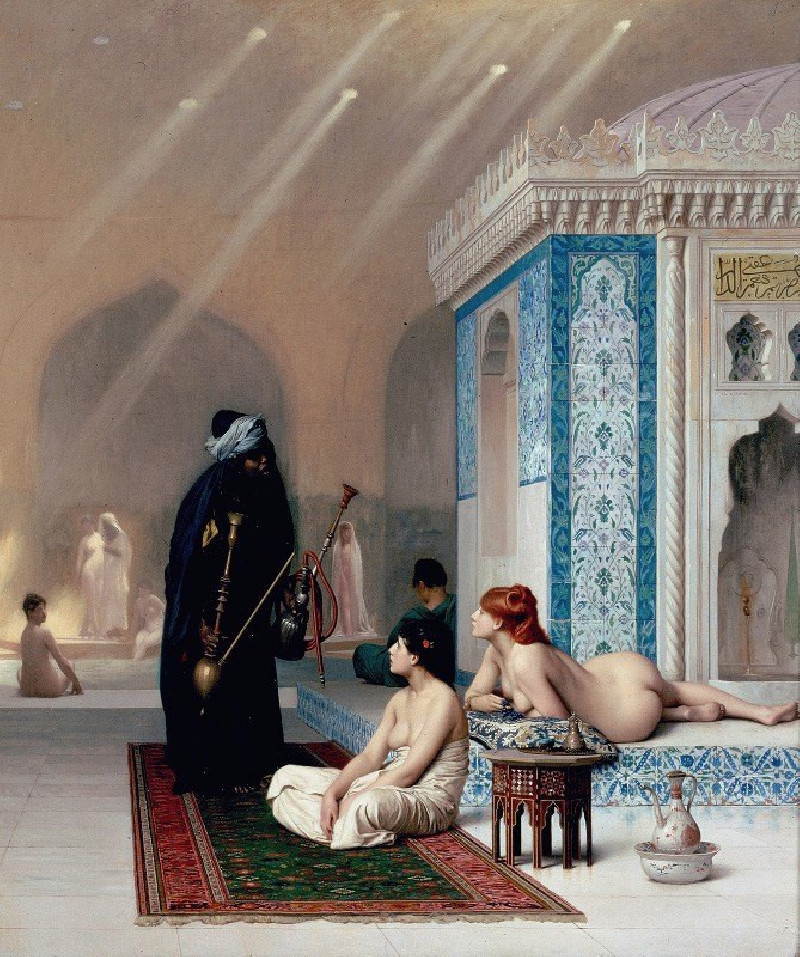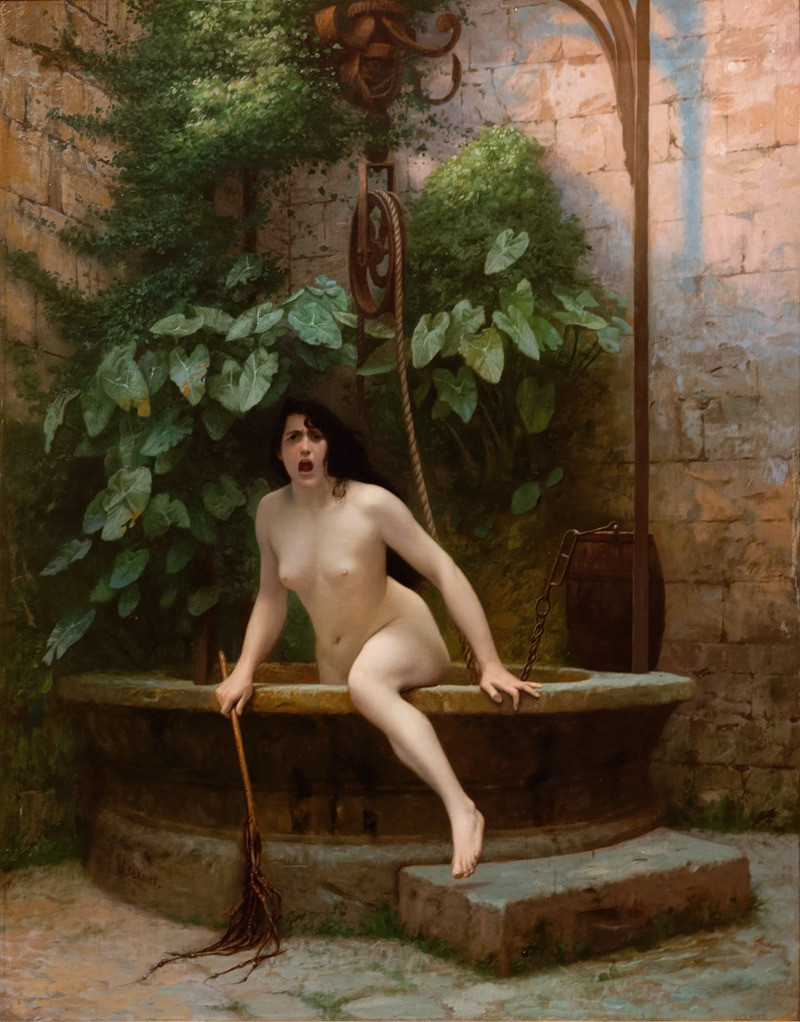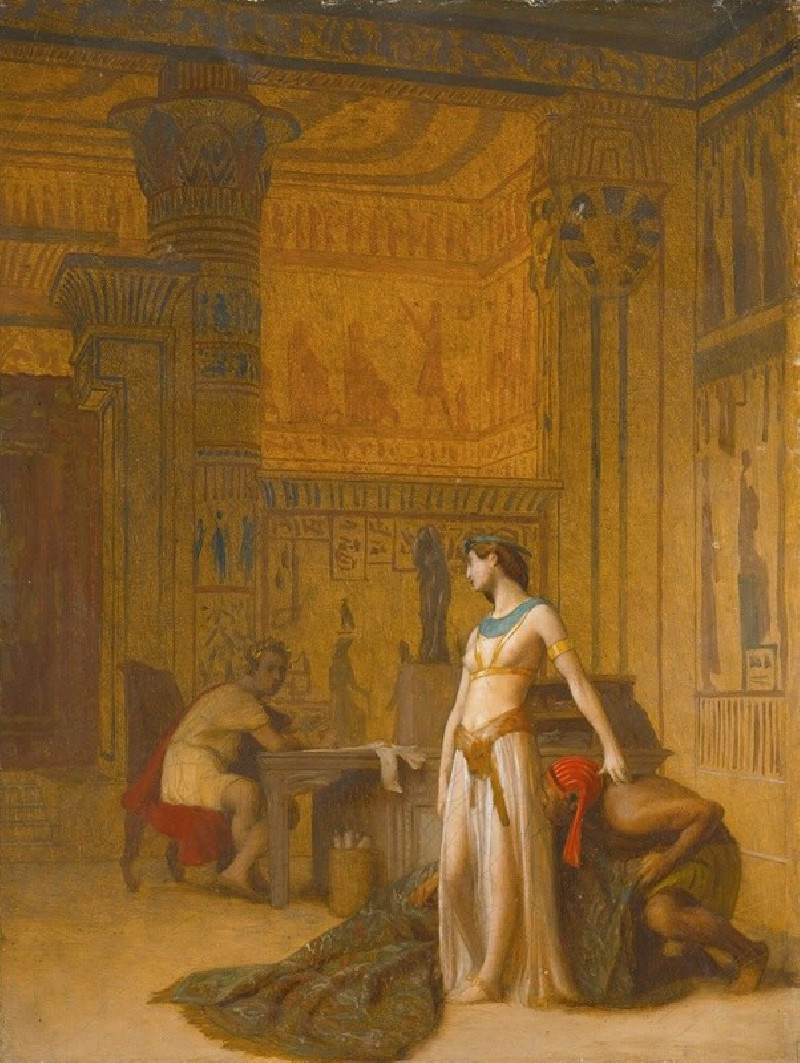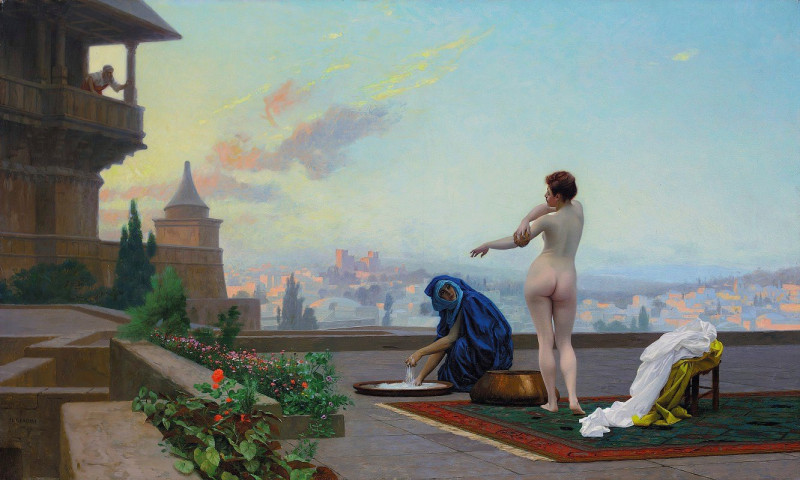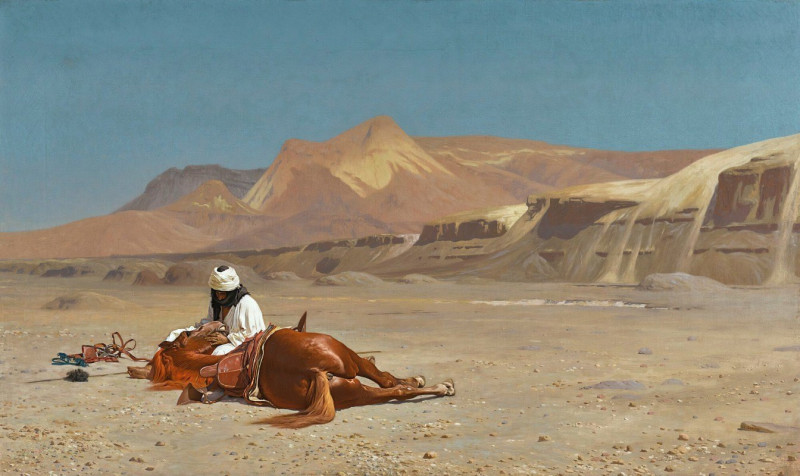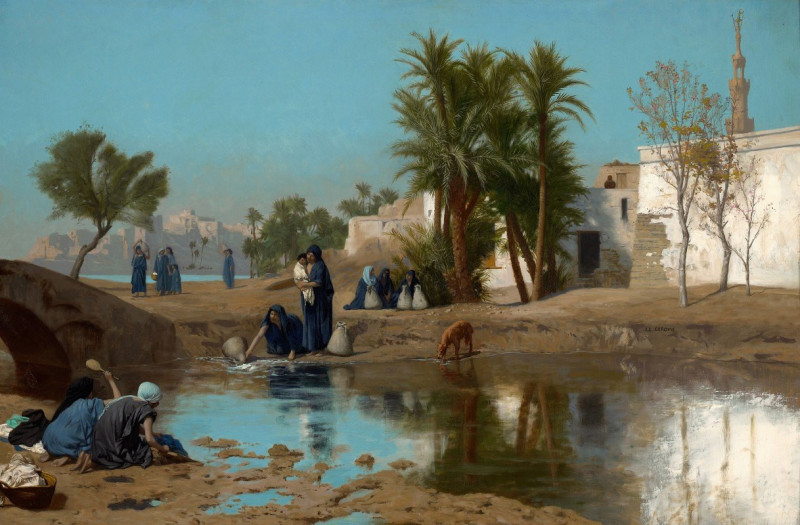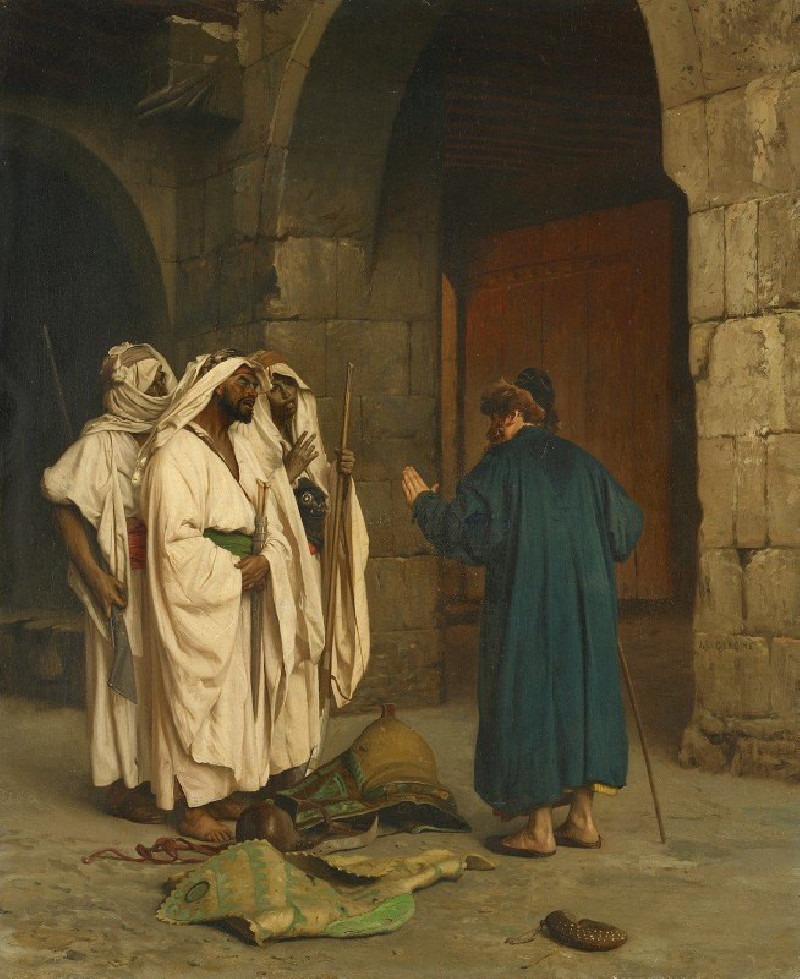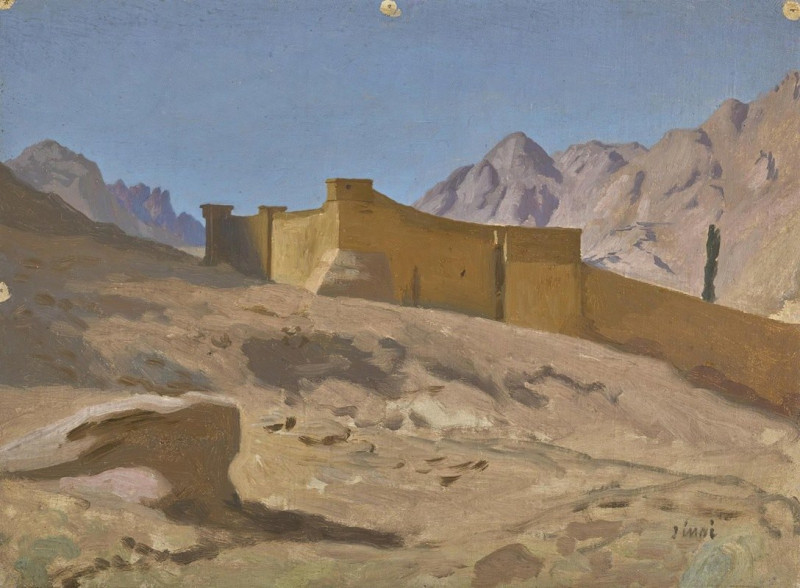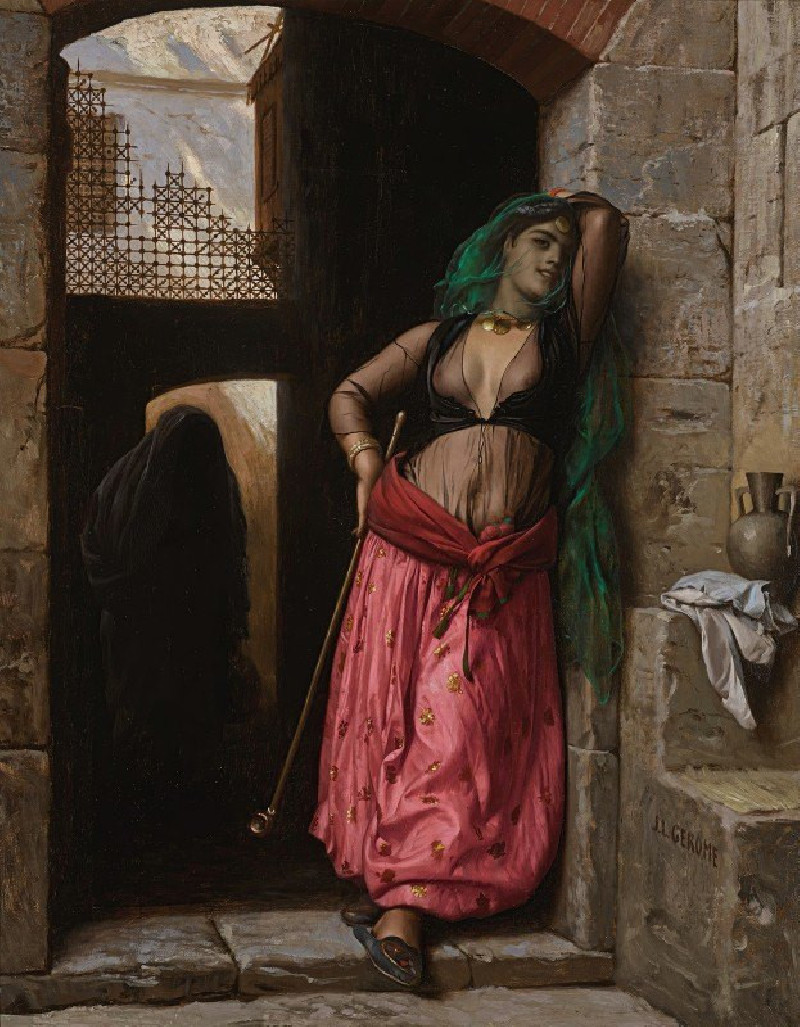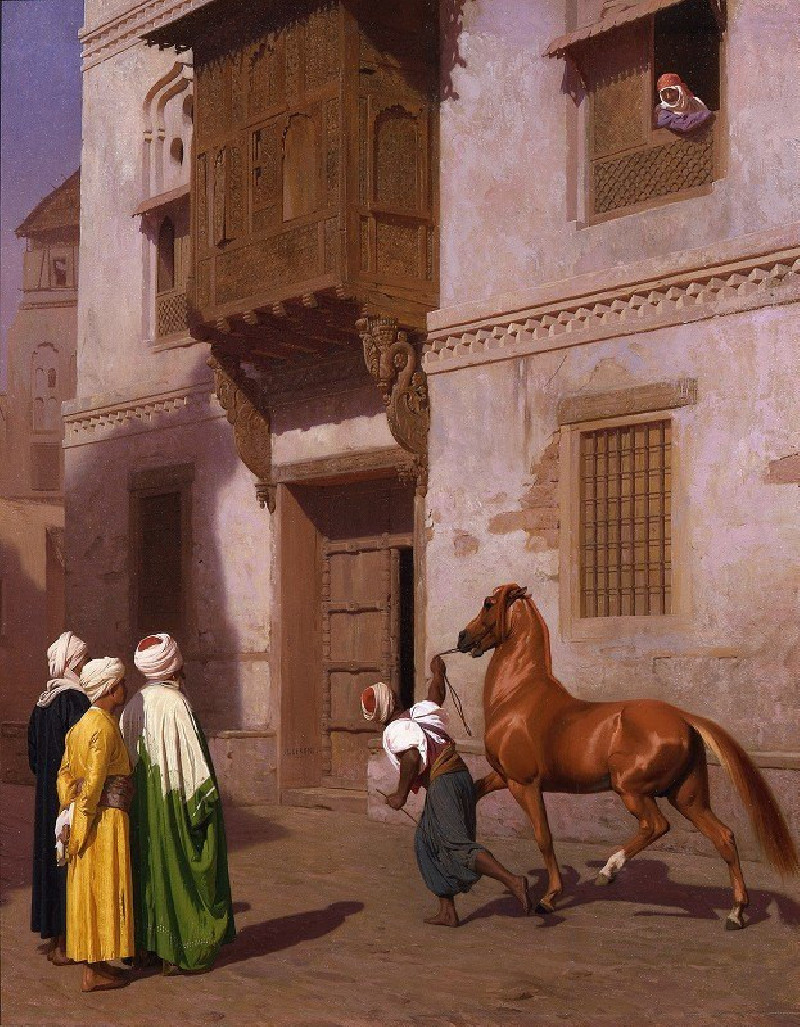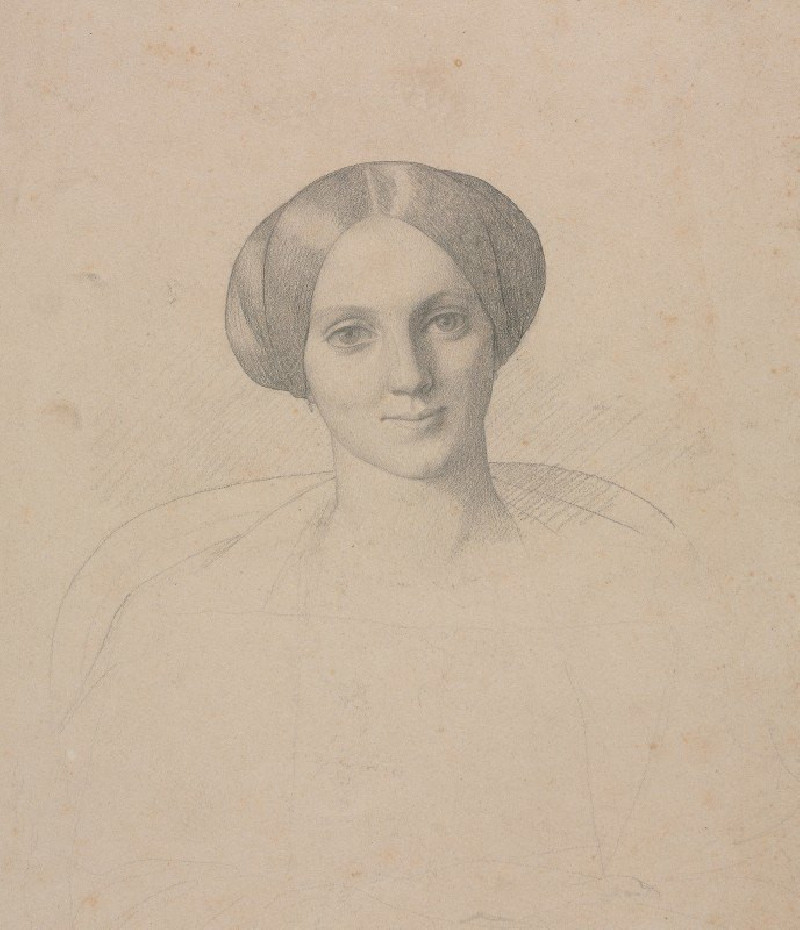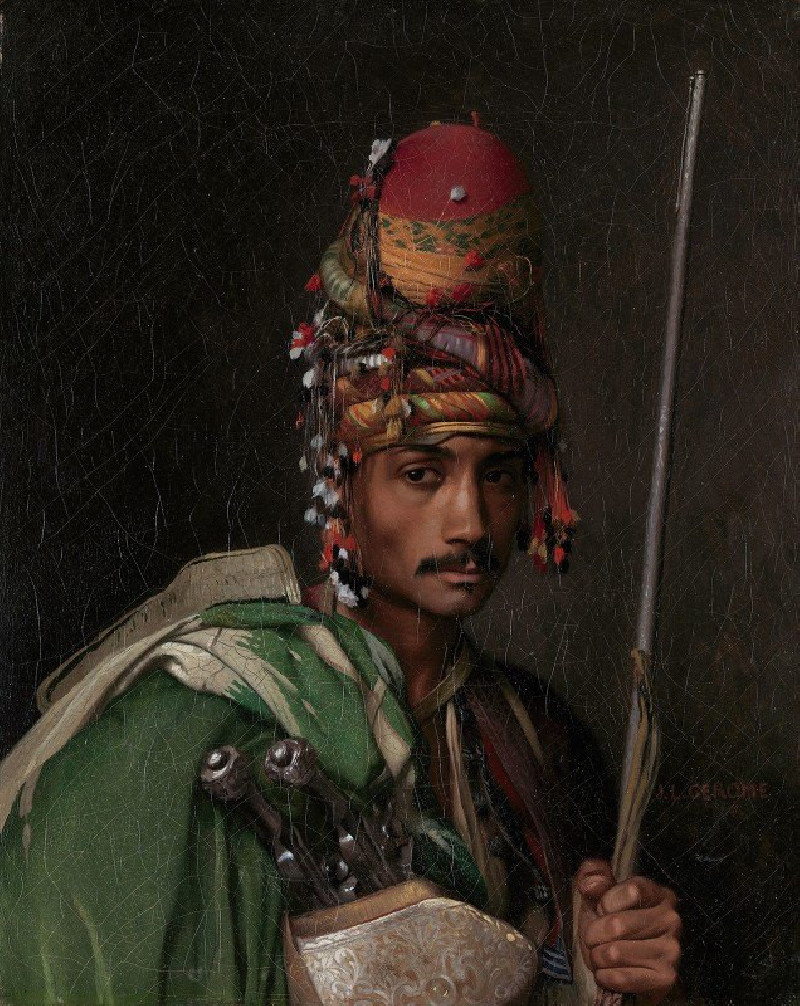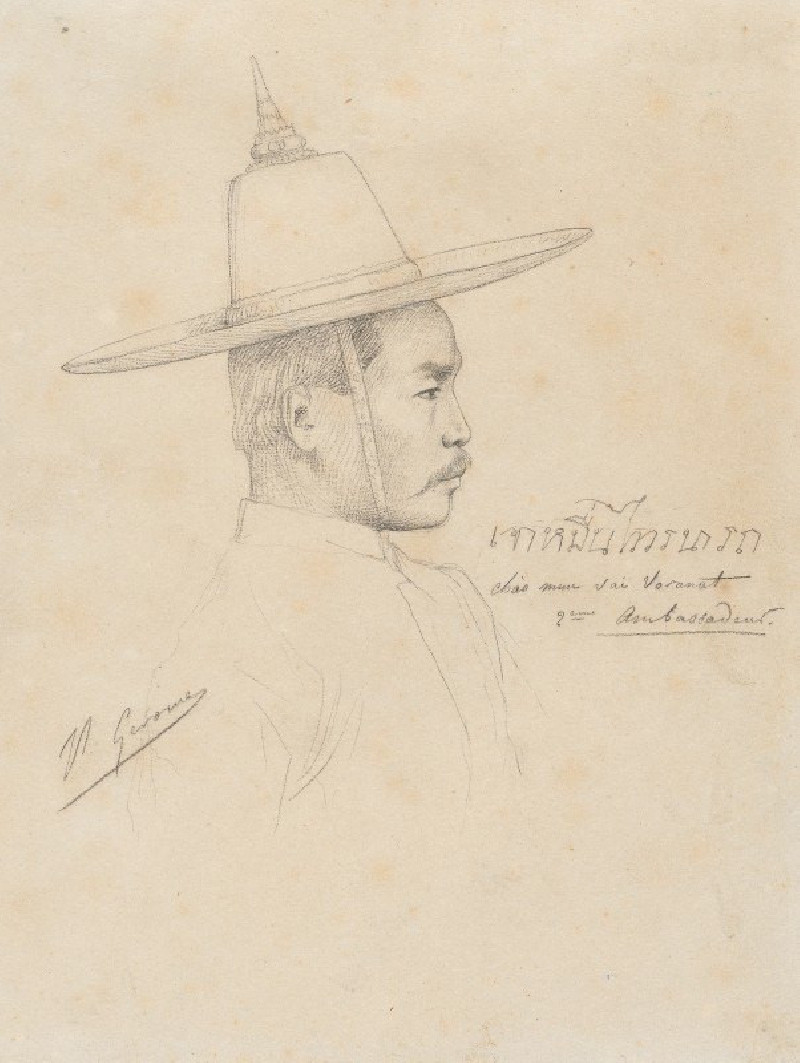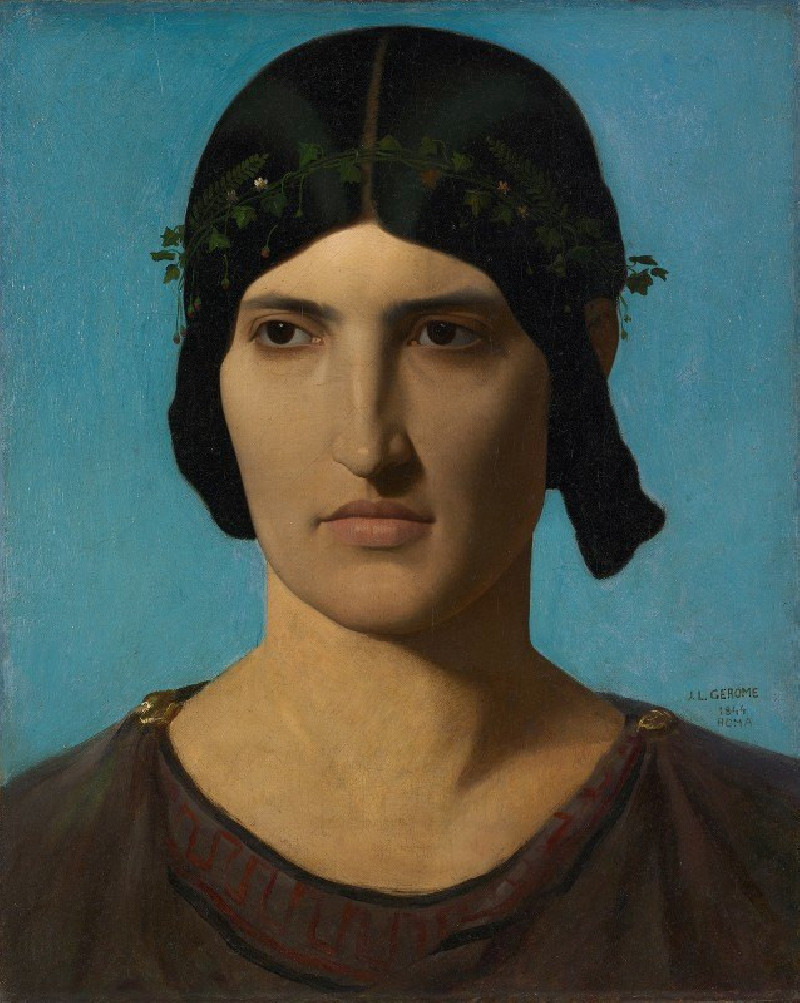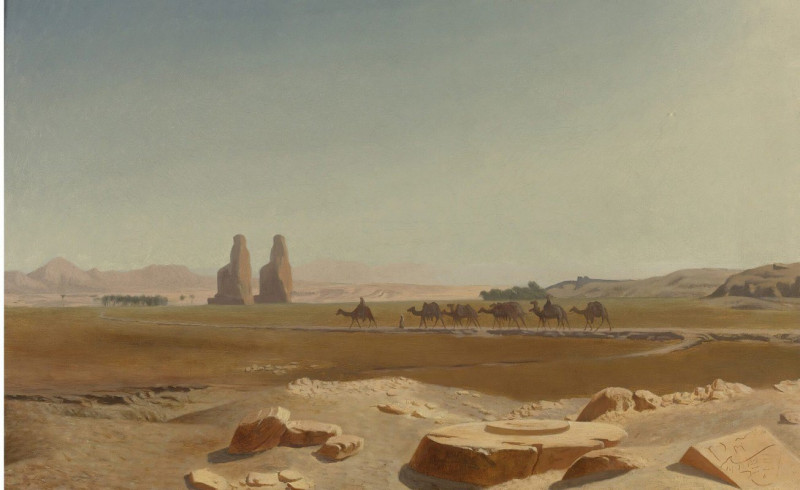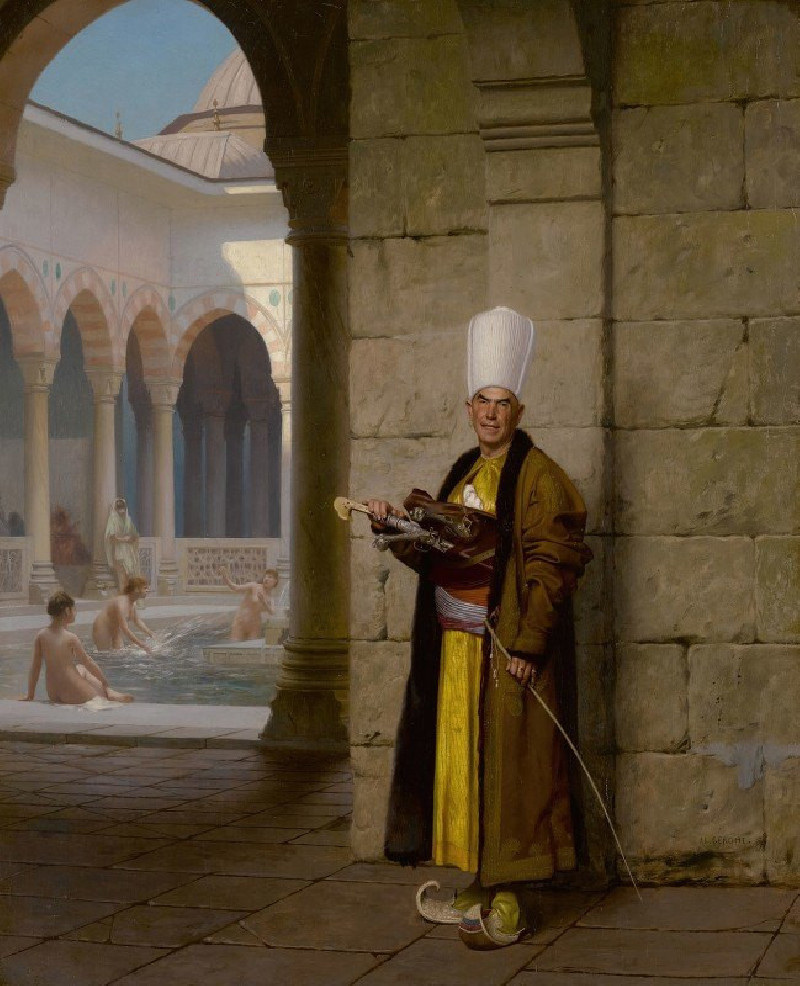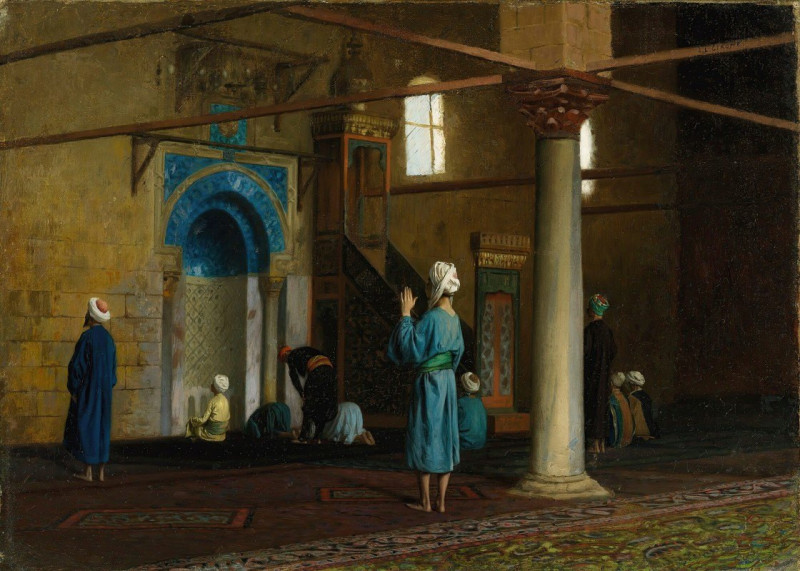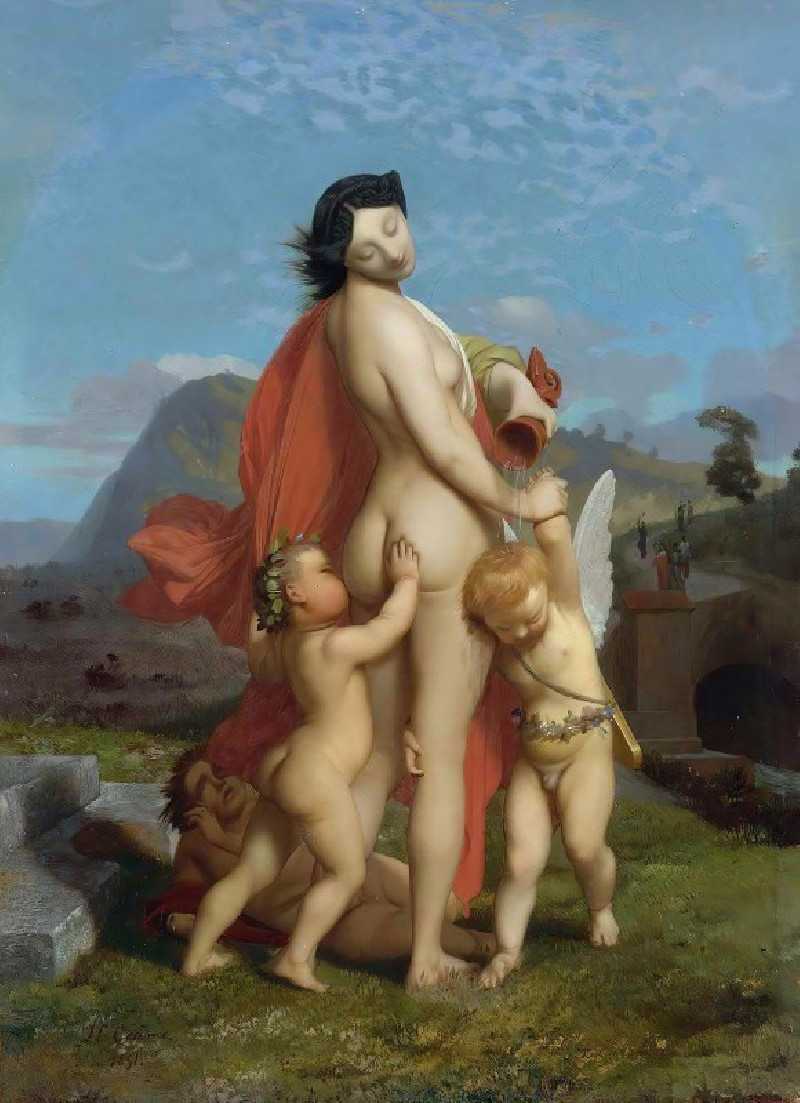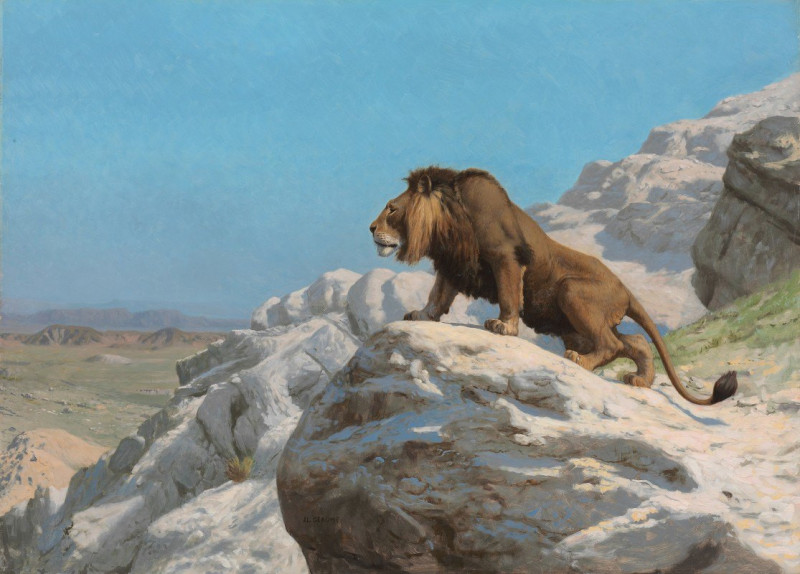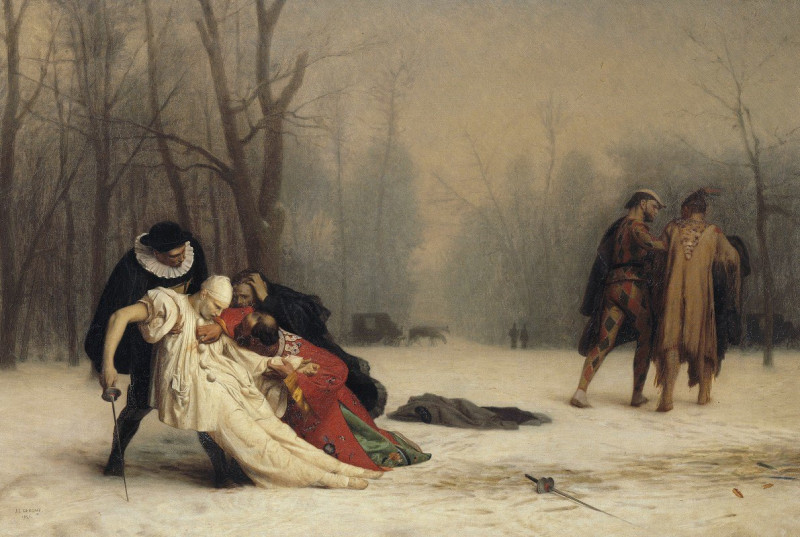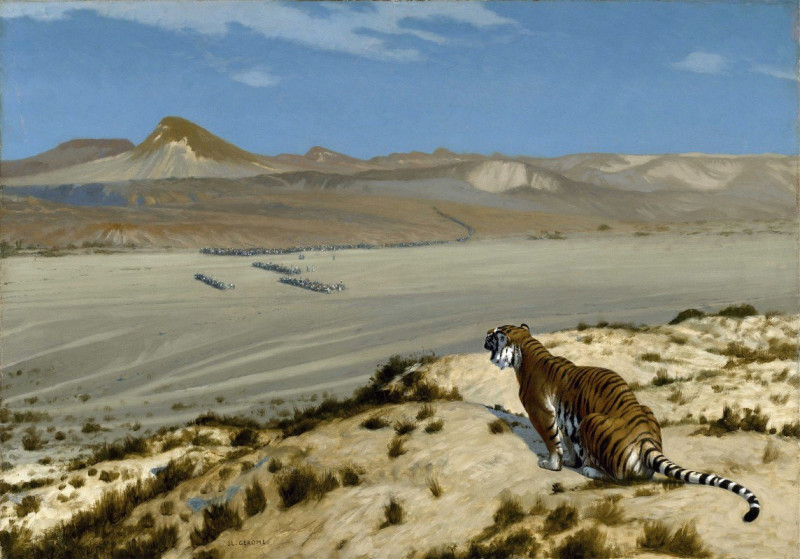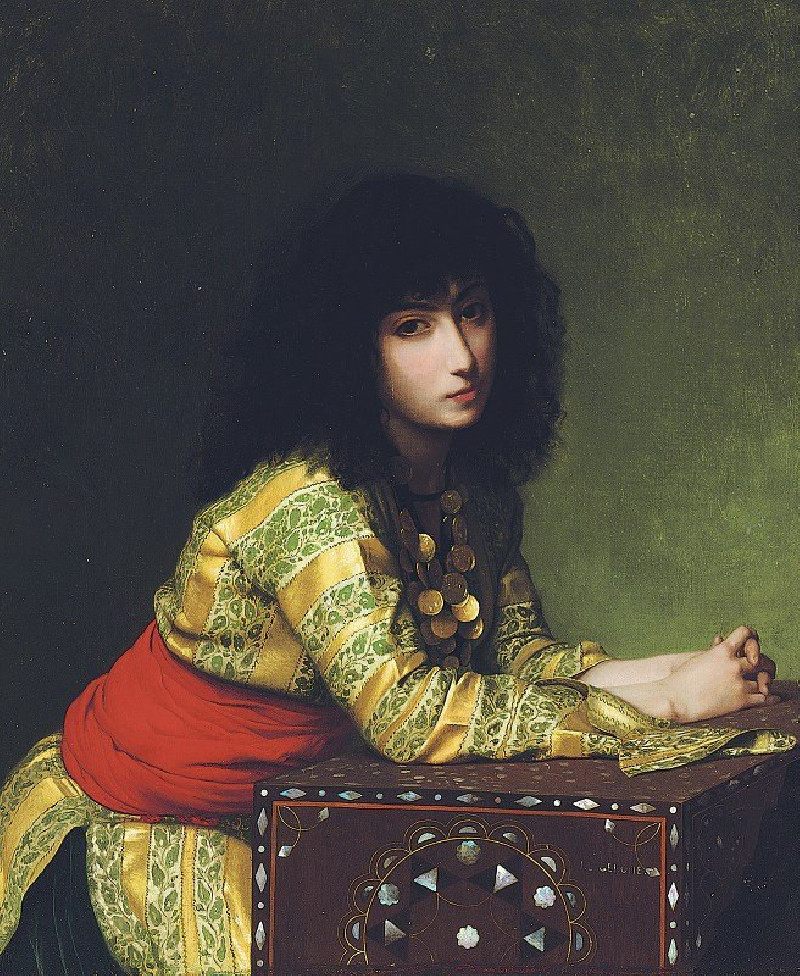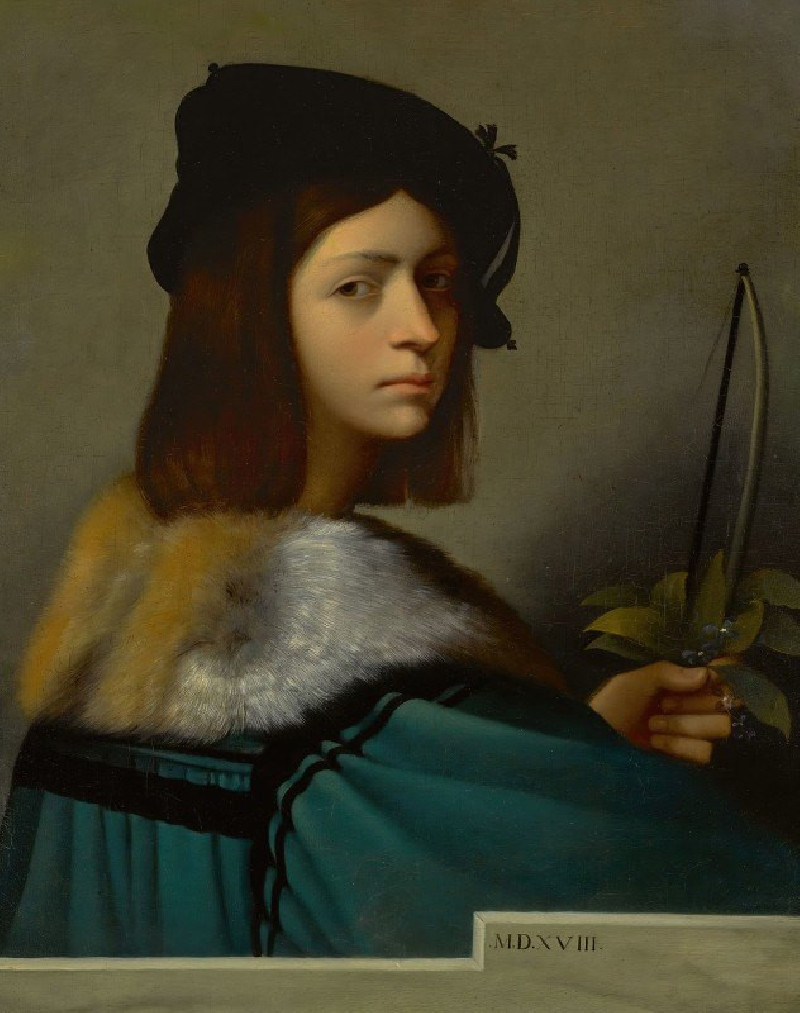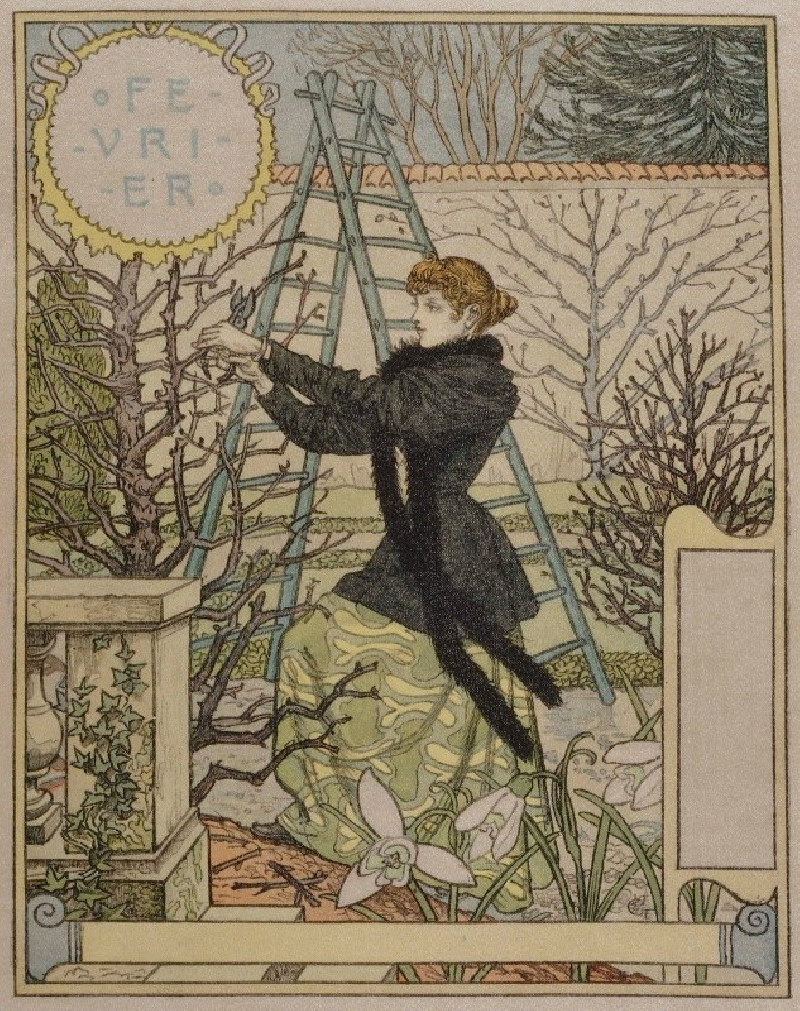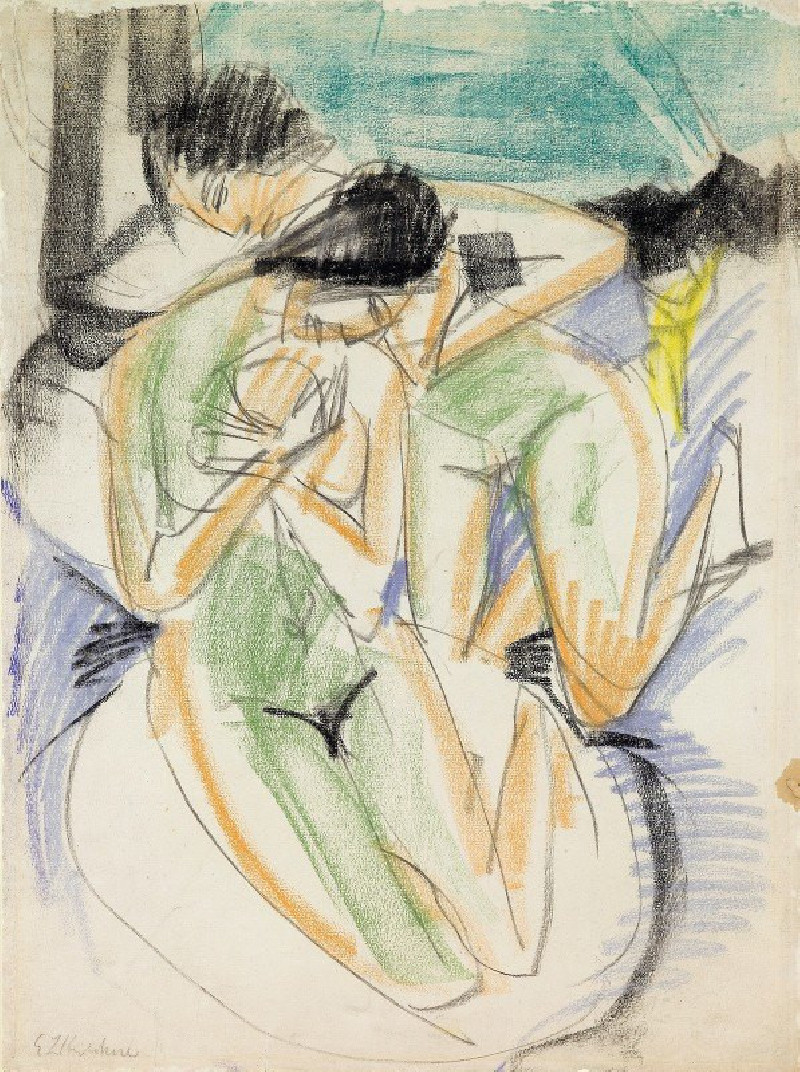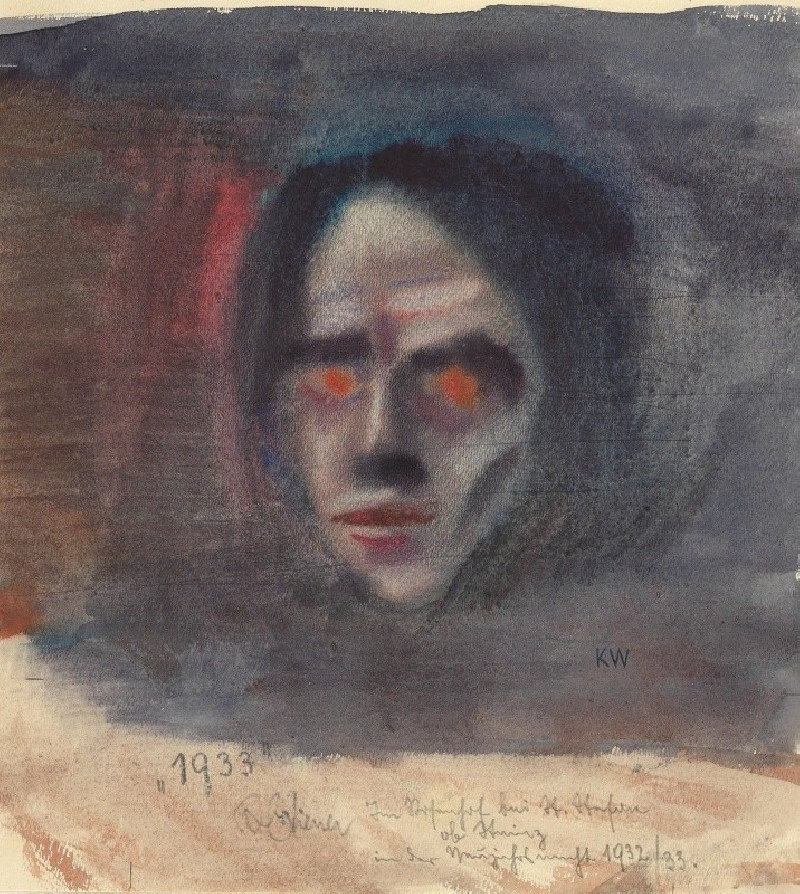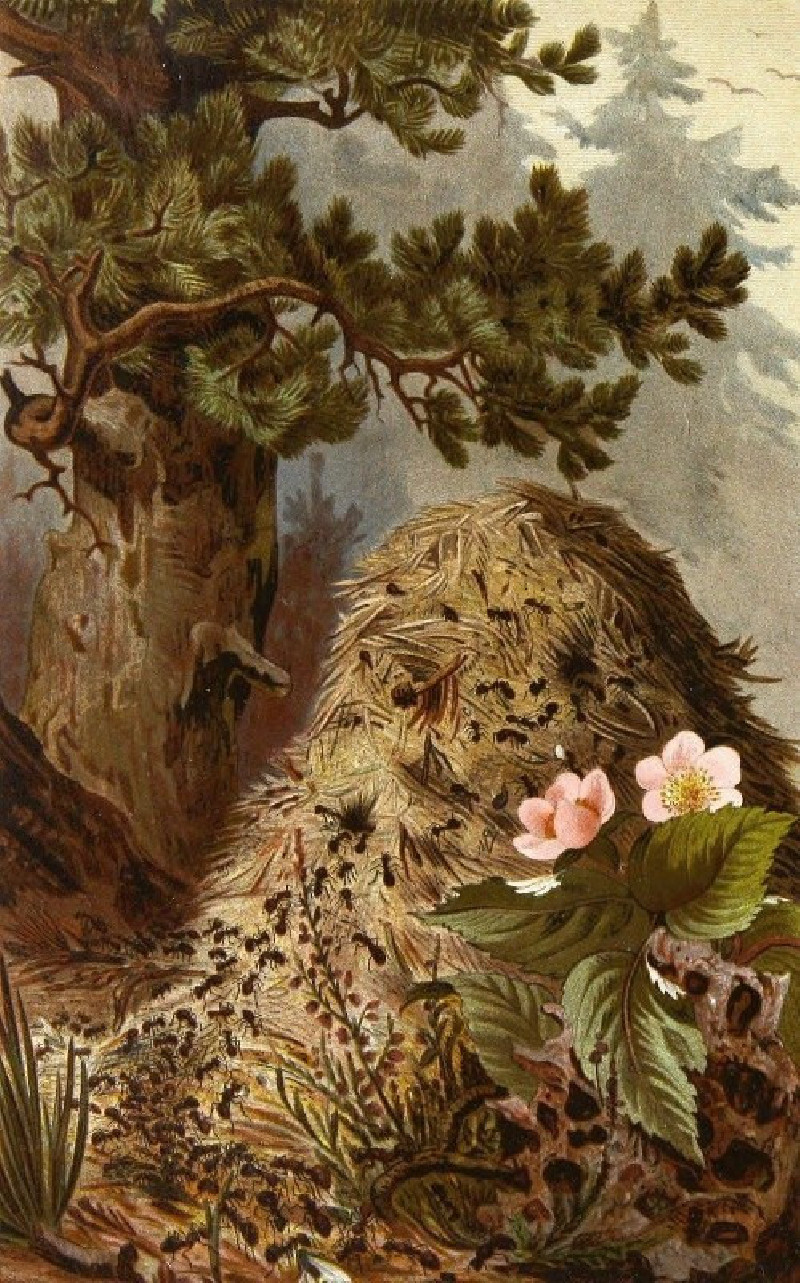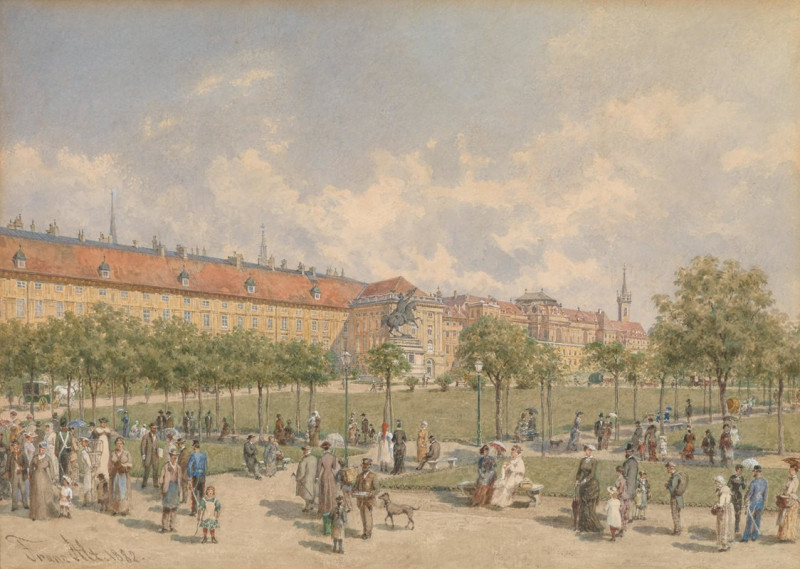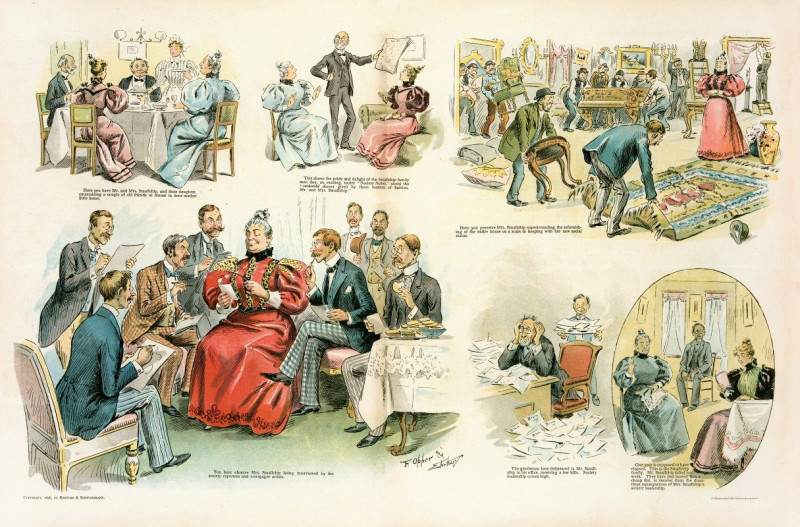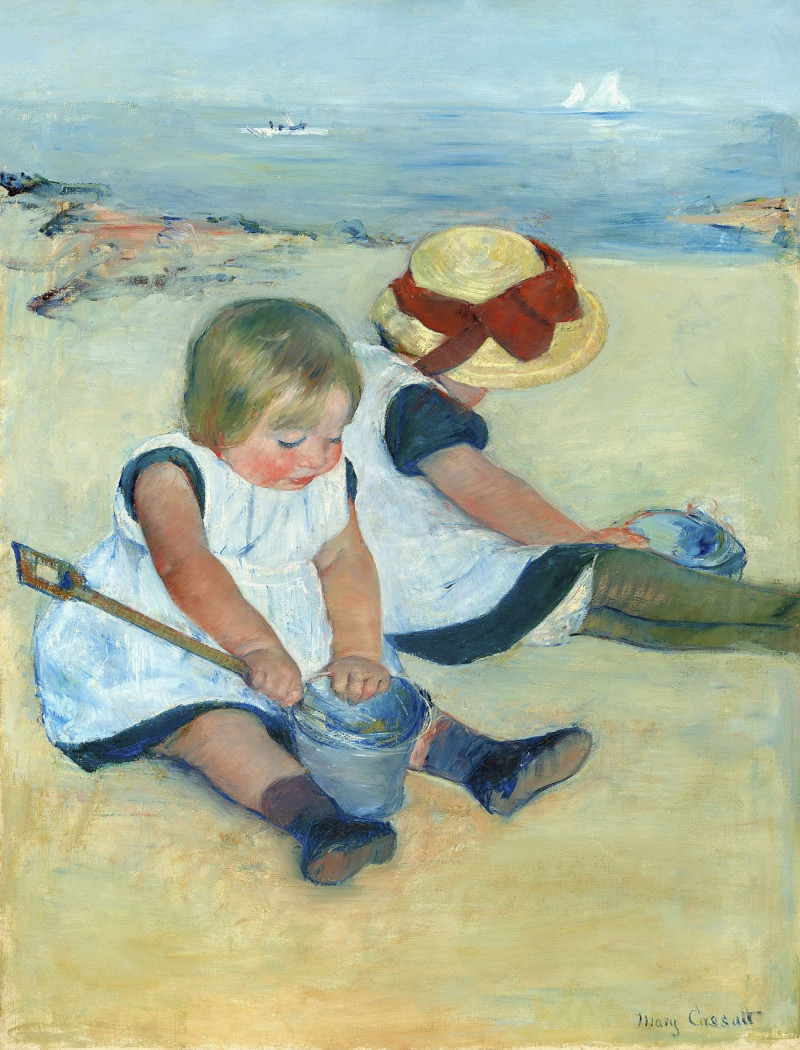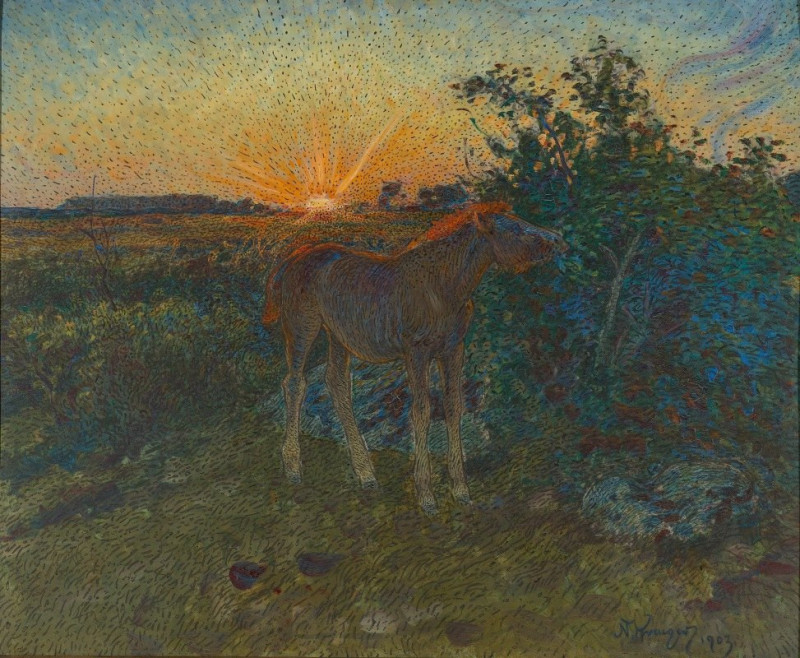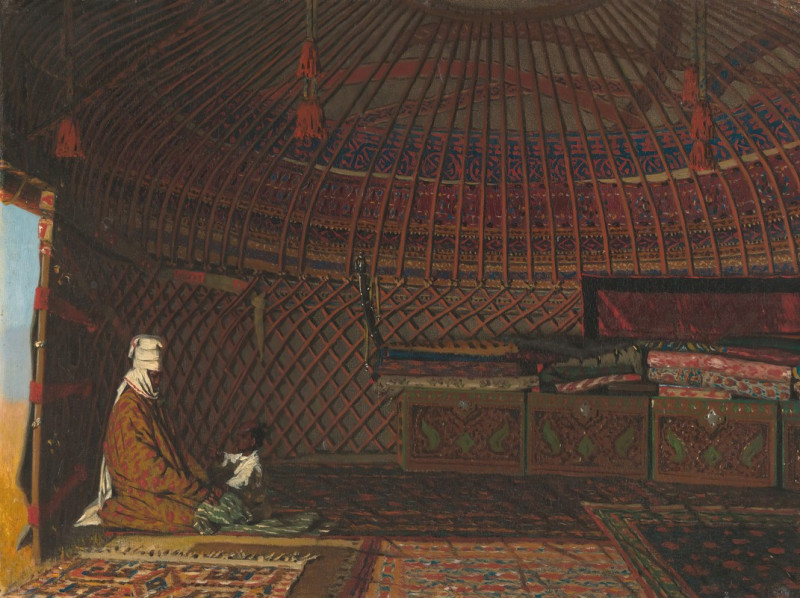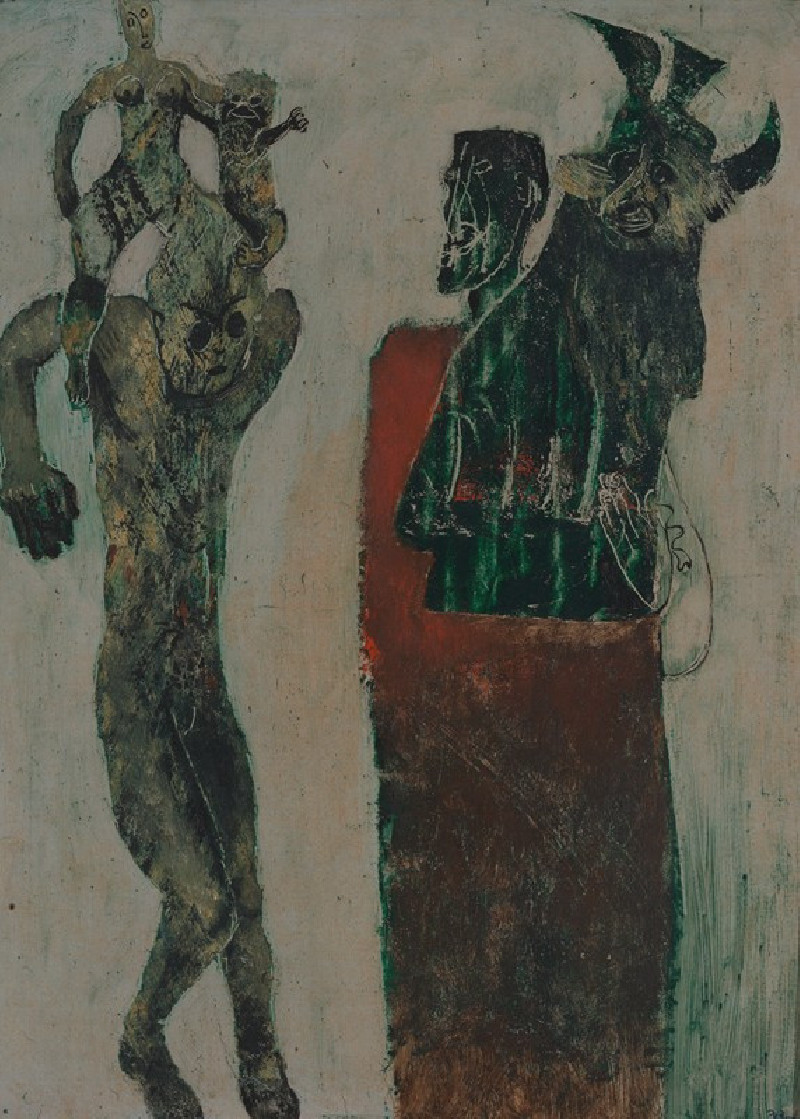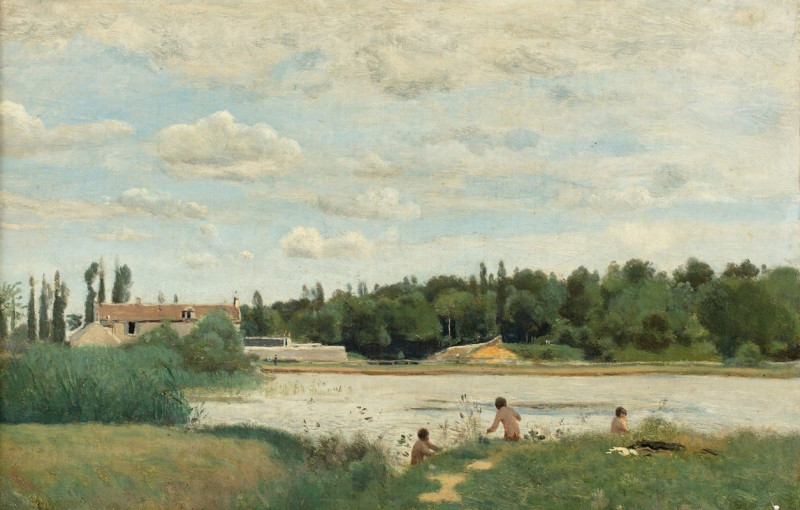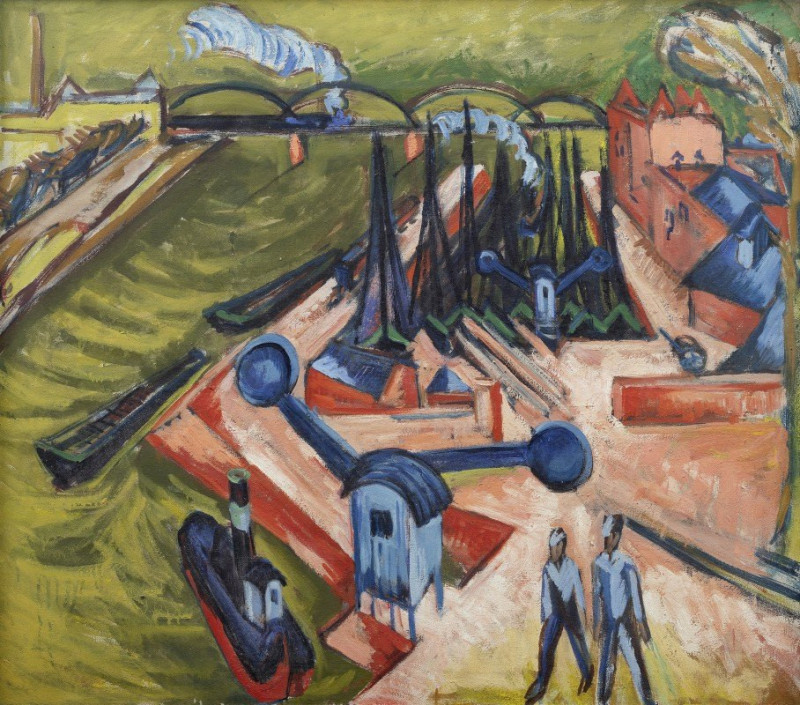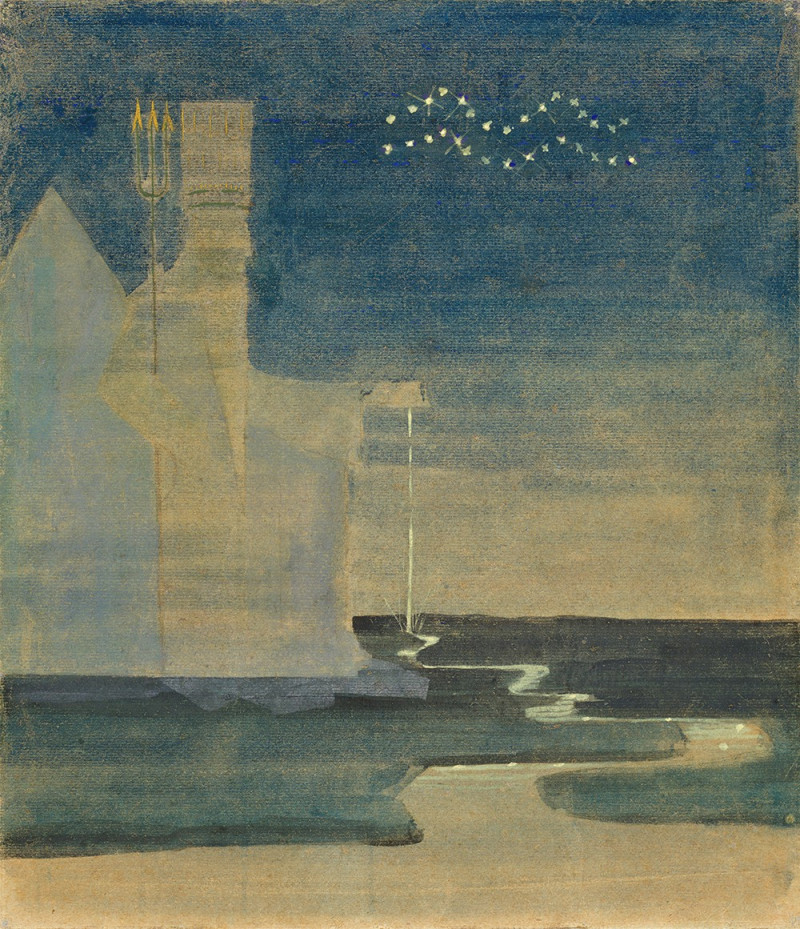The Death of Caesar (1859-1867)
Technique: Giclée quality print
Recommended by our customers
More about this artwork
Jean-Léon Gérôme's painting "The Death of Caesar" captures one of the most pivotal moments in ancient history with dramatic intensity and meticulous detail. Crafted between 1859 and 1867, this work exemplifies Gérôme's skill in the academic style, combining historical narrative with fine artistic technique.The scene is set in the Roman Senate on the Ides of March, 44 BC, immediately after the assassination of Julius Caesar. The composition focuses on the conspirators, clad in white togas, rushing out of the Senate chamber, their hands still raised with weapons, signaling the chaos and excitement following their drastic action. In contrast, Caesar's lifeless body lies abandoned on the steps, a stark and somber focal point that underscores the gravity of their deed.Gérôme pays exquisite attention to architectural and decorative details: the richly decorated hall with its grand columns, statues, and the intricate mosaic floor, all enhancing the theatricality and scale of the event. The painting does more than recount a historical episode; it invites viewers to ponder the profound effects of political actions and the fragility of power.
Delivery
Returns
Jean-Léon Gérôme was a French painter and sculptor in the style now known as academicism. His paintings were so widely reproduced that he was "arguably the world's most famous living artist by 1880." The range of his oeuvre included historical painting, Greek mythology, Orientalism, portraits, and other subjects, bringing the academic painting tradition to an artistic climax. He is considered one of the most important painters from this academic period. He was also a teacher with a long list of students.



